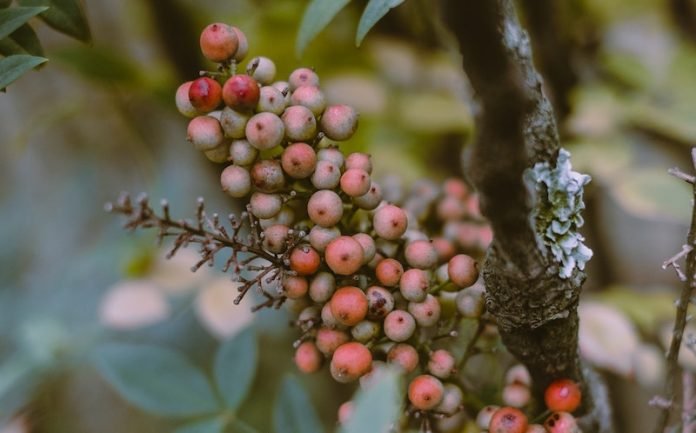
In a recent study published in Cancer Discovery, researchers have discovered that the Brazilian camu-camu berry, already recognized for its protective effects against obesity and diabetes, can also help to treat cancers.
They found one compound from the fruit can have a positive role to play in immunotherapy.
They proved that castalagin, a polyphenol acting as a prebiotic, modifies the gut microbiome and improves immunotherapy response, even for cancers resistant to this type of treatment.
The results pave the way for clinical trials that will use castalagin as a complement to medications called immune checkpoint inhibitors in cancer patients.
The study is from Université de Montréal and was conducted by Bertrand Routy et al.
In recent years, immune checkpoint inhibitors (ICI) have given patients renewed hope that their immune systems can overcome cancer resistance by revolutionizing therapies targeting melanoma and lung cancer.
This type of immunotherapy activates the immune system to kill cancer cells.
Despite these improvements, only a minority of patients have long-lasting responses to immunotherapy akin to a cure, so researchers like Routy have been on the hunt for new therapeutic approaches.
Their ultimate goal is to turn an unhealthy microbiome into a healthy one in order to strengthen the immune system.
In the study, the team examined the beneficial effects of castalagin on mice. They found that castalagin could promote an anti-cancer response when it was orally taken.
The discovery will be tested in patients thanks to the launch of the first clinical trial. Recruitment of 45 patients with lung cancer or melanoma will begin soon.
Sign up for our newsletter for more information about this topic.
If you care about nutrition, please read studies about how high-protein diets could increase heart attack risk, and common foods that could sharp your brain.
For more information about nutrition, please see recent studies about why vitamin K is so important for older people, and results showing vitamin D may protect you from type 2 diabetes.
Copyright © 2022 Knowridge Science Report. All rights reserved.



